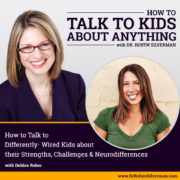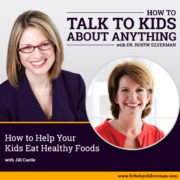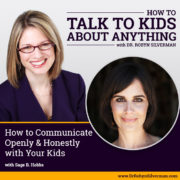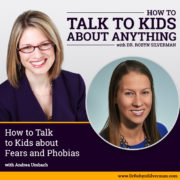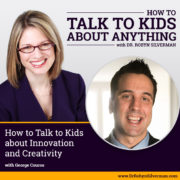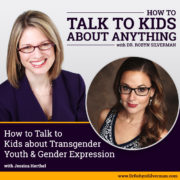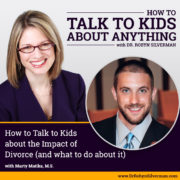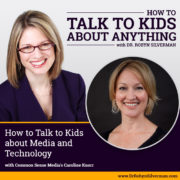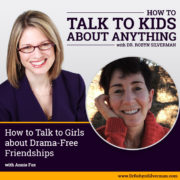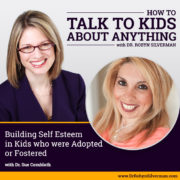How to Talk to Kids about Differently-Wired Children with Debbie Reber
Special Guest: Debbie Reber
Debbie Reber is a New York Times bestselling author and the founder of TiLT Parenting, a website, top podcast, and social media company for parents who are raising differently wired children. Her next book, Differently Wired: Raising an Exceptional Child in a Conventional World, comes out in June 2018. She currently lives with her son and husband in the Netherlands. Check her out at http://www.tiltparenting.com

